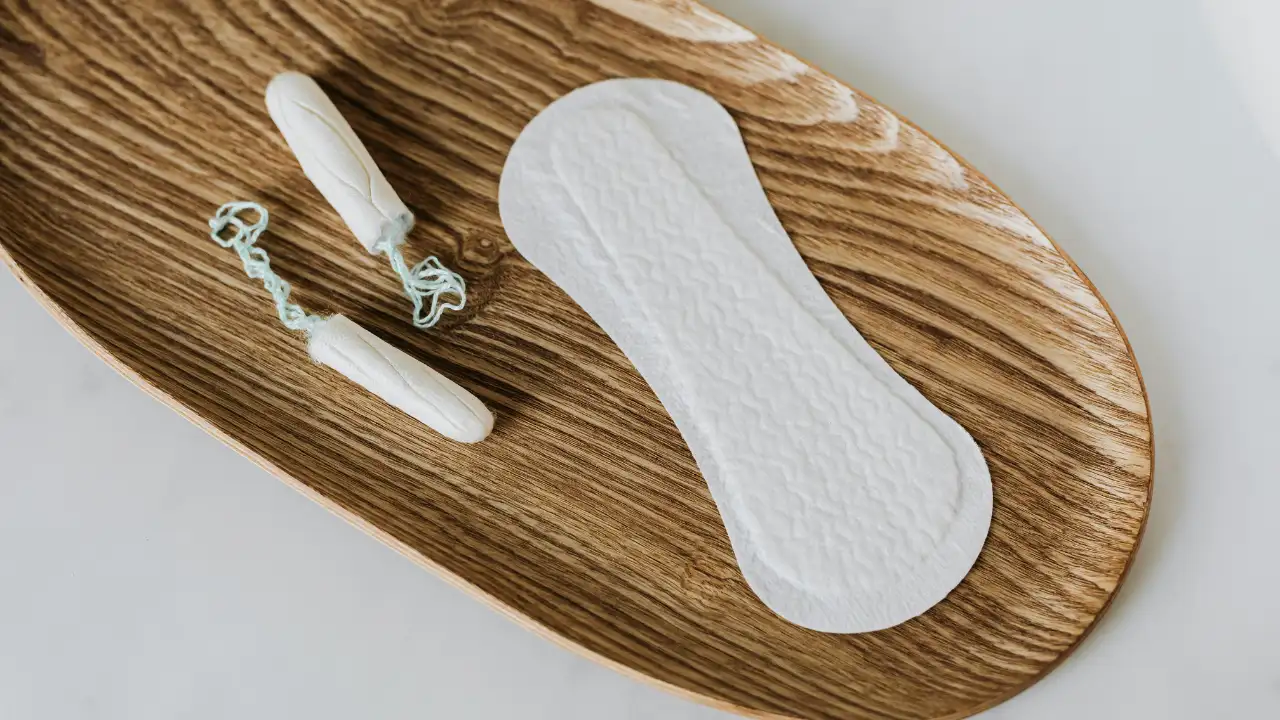
How To Check Your Menstrual Health For Early Signs Of PCOS (Credits: Pexels)
Your period health is probably one of the most powerful indicators of your hormonal health. Changes in your menstrual cycle can be helpful in detecting and revealing underlying hormonal imbalances that may deserve medical attention. One such condition is Polycystic Ovary Syndrome, a common condition that is often left misunderstood by many as it continues to affect millions of women globally.
Experts have suggested that your period can help in identifying any warning signs of PCOS. Here is how to check your menstrual health:
Irregular period is a big danger sign
If your periods are often late or sometimes don’t show up at all, it may be a sign of hormonal imbalance. Skipping cycles or having fewer than 8 periods a year is one of the biggest signs of PCOS.
Heavy bleeding is not so normal
Many women often brush this off by saying ‘that’s just how my period is.’ But if you are someone who bleeds excessively every month (needing sanitary product change every hour, or large blood clots) your hormones might not be in sync. In PCOS, prolonged cycles can lead to a thickened uterine lining, which usually sheds all at once and this leads to prolonged, heavy bleeding.
Painful periods may be more than ‘just cramps’
Cramping is a common one during periods, but if the pain is intense and unbearable or is combined with irregular cycles and mood swings, this could be a sign of cyst formation in the ovaries.
Spotting between periods is not okay
Unusual spotting between the cycles, especially when it is unpredictable or frequent, can be an indicator of hormonal fluctuations or irregular endometrial shedding.
Acne and hair growth are linked to your cycle
If you are not on your period and are still experiencing acne along the jawline, or excess body/ facial hair, or even scalp thinning, this may be a result of high androgen levels which is also a sign of PCOS.
